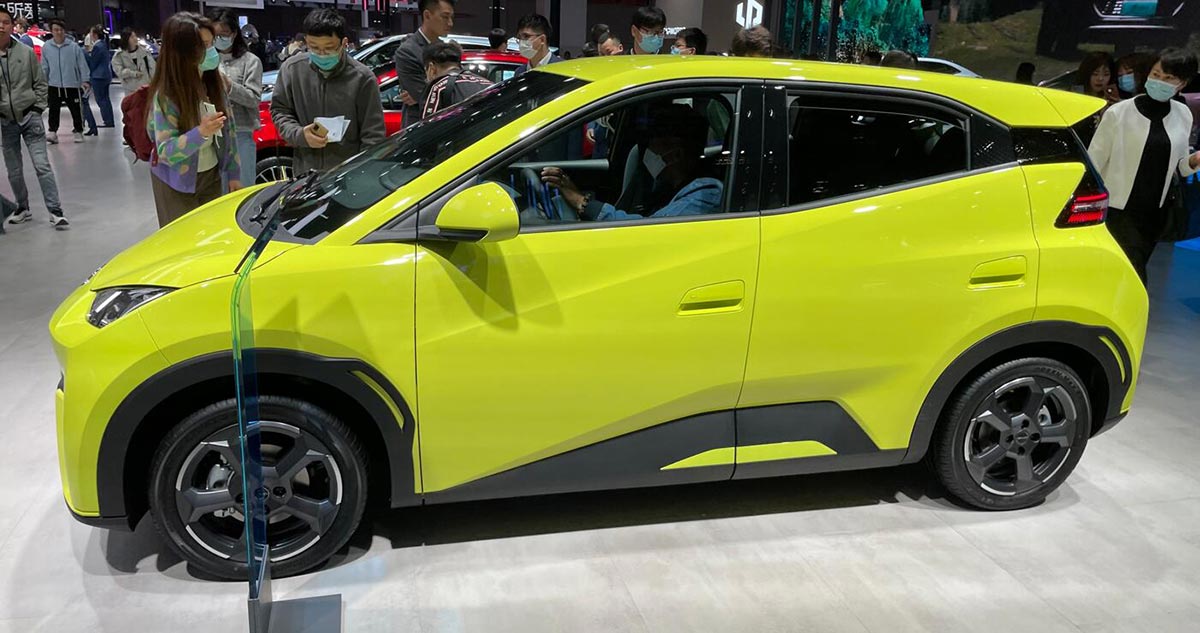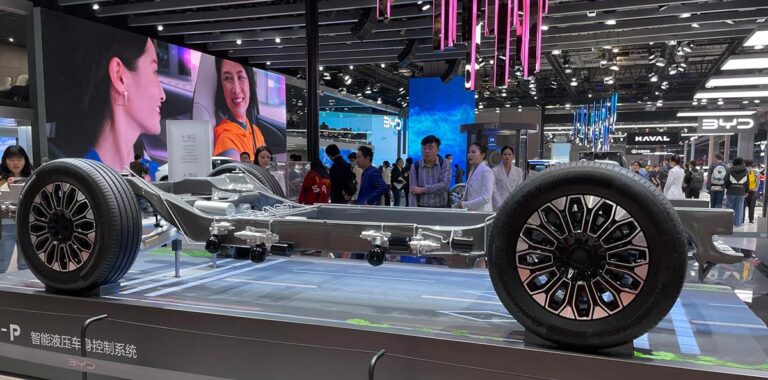By the end of this year, Shenzhen residents can receive a subsidy of up to RMB 10,000 if they purchase NEVs when they scrap their old fuel cars.
(Image credit: CnEVPost)
The southern Chinese mega-city of Shenzhen has introduced a new policy to encourage residents to buy NEVs (NEVs).
Before the end of this year, Shenzhen residents can get a subsidy of up to RMB 10,000 ($1,370) if they scrap or move out of cars with China Ⅳ or lower emission standards and buy an NEV, according to a document on boosting consumption that was released today.
The subsidy is additional and does not affect residents' entitlement to other available subsidies, according to the document.
The city of Shenzhen, where BYD is headquartered, also encourages the use of new or clean energy for tourist passenger vehicles, gardening vehicles and mechanical equipment.
Companies can receive a subsidy of up to RMB 50,000 per vehicle when purchasing eligible new energy tourism passenger vehicles, new energy gardening operation vehicles and mechanical equipment, according to the document.
Shenzhen will promote the replacement of fuel-powered official vehicles, police vehicles and vehicles used by state-owned enterprises with NEVs at the time of scrapping, according to the document.
In China, NEVs include battery electric vehicles (BEVs), plug-in hybrids (PHEVs), and fuel cell vehicles.
Shenzhen will also increase infrastructure development, aiming to build a total of 450,000 charging piles by the end of 2024.
East China's Shanghai issued a similar policy on May 21, 2022, in which residents will receive a subsidy of RMB 10,000 per vehicle if they purchase a pure electric vehicle when scrapping or transferring out their old vehicles.
That policy in Shanghai expired on December 31, 2022, though the city extended it earlier this year to June 30 of this year. On September 12, Shanghai announced a further extension of the policy to December 31, 2023.
Shanghai is home to Nio's global headquarters and Tesla's China factory.
($1 = RMB 7.2739)

